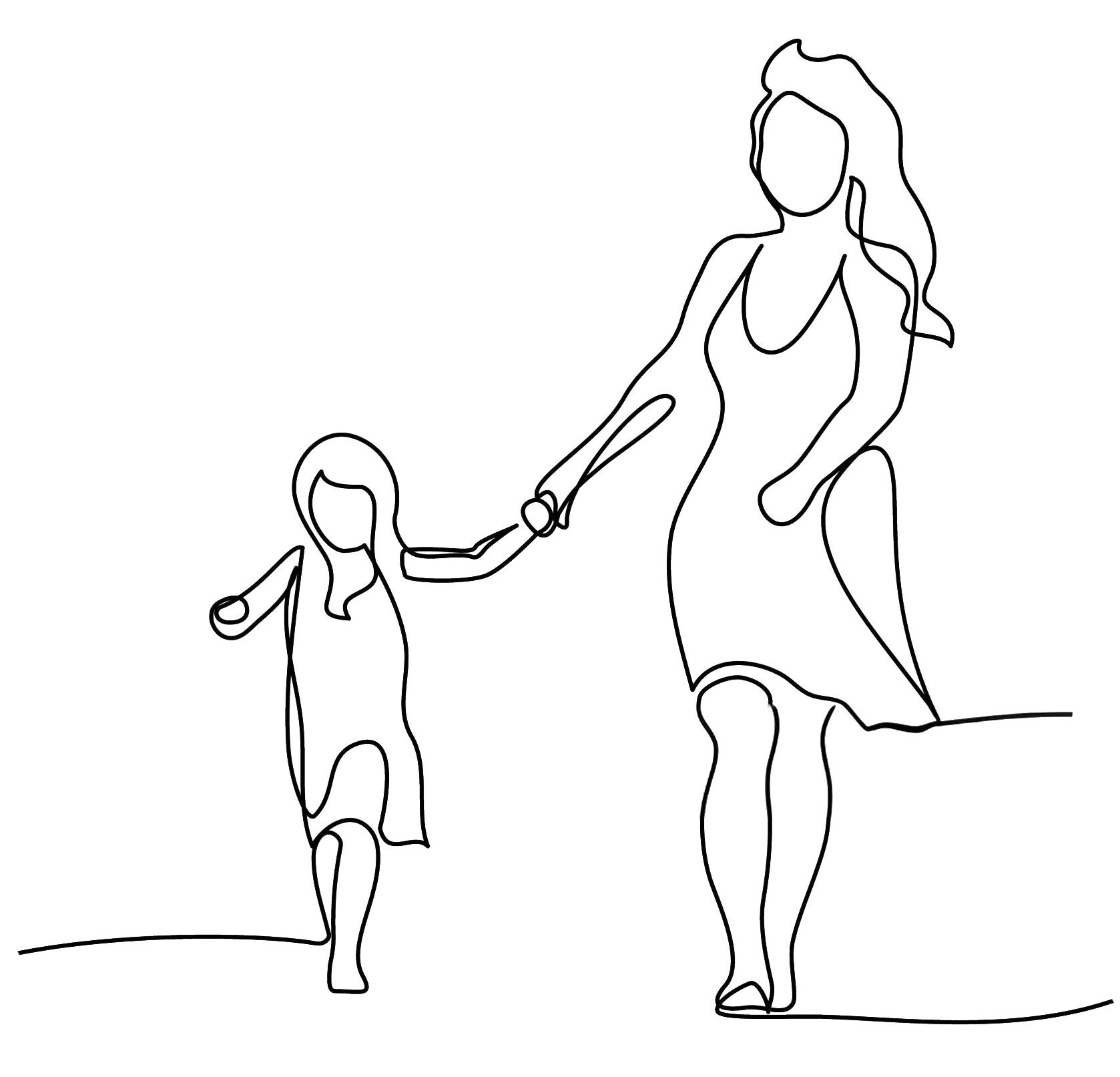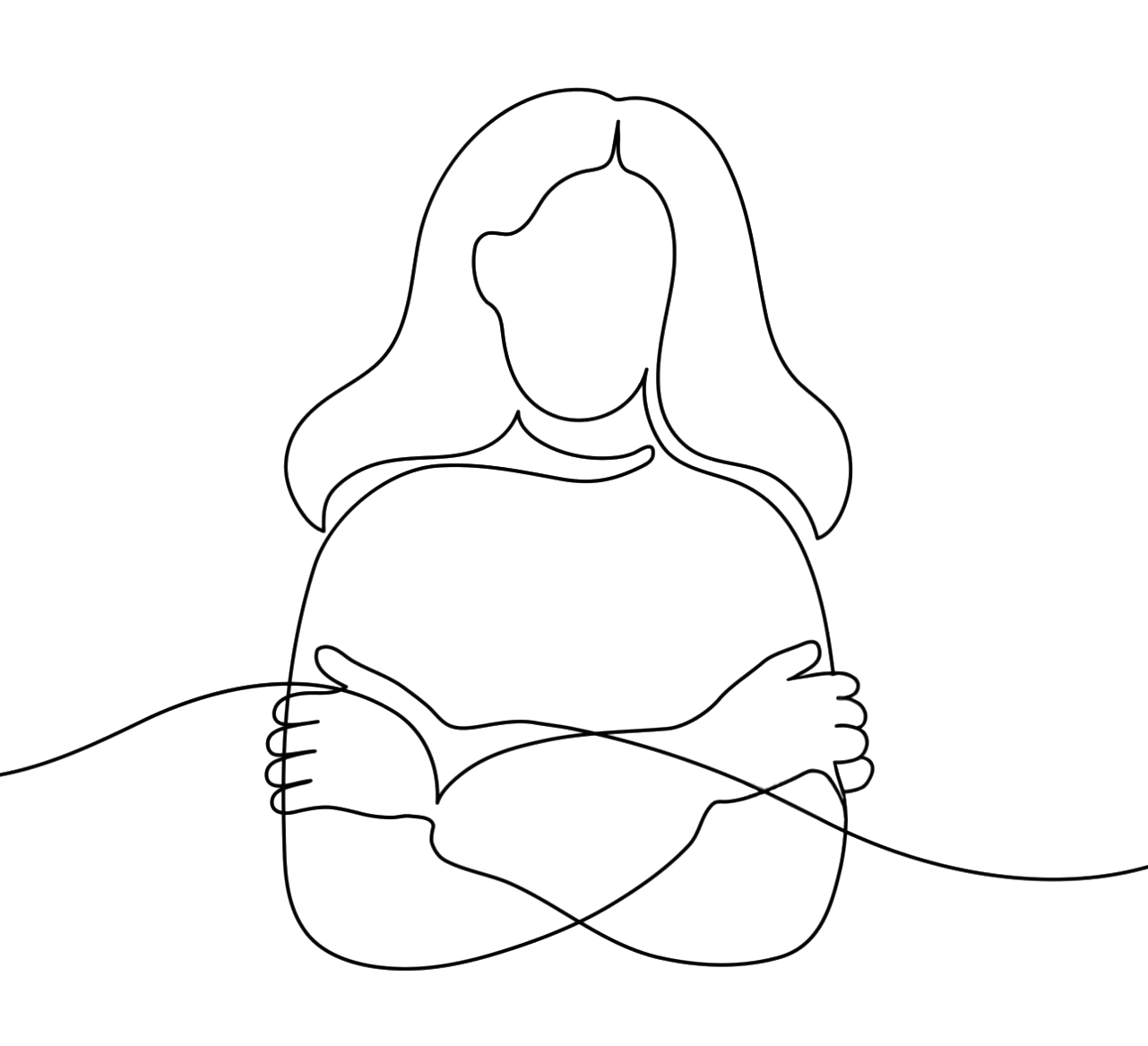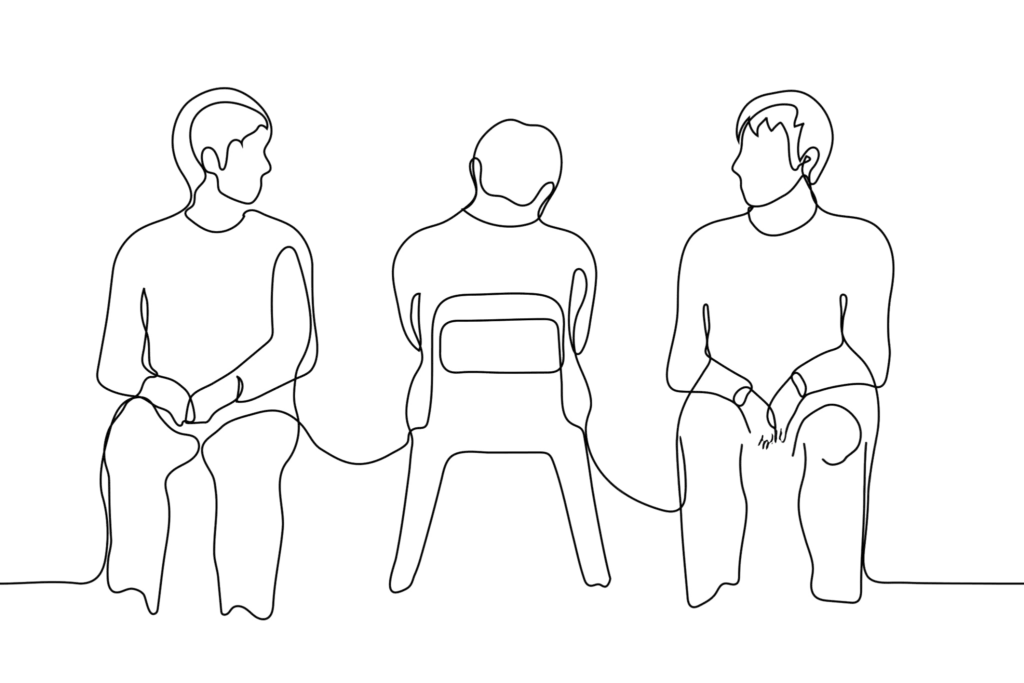Wild Wisdom
Play Therapy
“You can discover more about a person in an hour of play than in a year of conversation.”
~published in 1670 by Richard Lingard.”
If you ask a kiddo a question, such as “How are you today?” it’s extremely possible you will get a one-word response like “Good.” A child’s brain is wired for play instead of language, and play is how they communicate.
In my Play Therapy Sessions, I learn a child’s defensive strategies, how they feel, how that feeling shows up in their body (such as stomach aches or headaches), how they cope, and the brilliance of their world. This modality is Synergetic Play Therapy, and it is backed with scientific evidence.

As a play therapist, I am looking and feeling for “The Set Up” as Synergetic Play Therapy labels it. The term means a child will “set you up” to feel the way they do if they have all the power in the room. This is how our mirror neurons work, where we suddenly feel what someone else does. Studies suggest that empaths (such as therapists) may have more mirror neurons than the average individual. In Play Therapy, this provides the unique experience where the therapist can put words to what a child can’t say, thus teaching them vocabulary around what could not be verbalized.
To achieve this, my play therapy sessions involve constantly being aware of my own experience in relationship to the client. I am almost in a moving meditation. This kind of concentration and present attunement can only be offered in a special time and space. I have a regulated nervous system and emotional congruence in the playroom that serves my clients in feeling safe.

Examples
Play Therapy
An example of this process is that sometimes I’ll have a stomachache as soon as a client enters the room. I’m sensing the other person. Then I might recognize that feeling as anxiety. If I say “my belly feels wobbly” unconsciously the other person will think about their stomach. Then we are in the present moment, tracking how physical sensations (such as an upset stomach) lead to emotions.
Say a child always cheats on a board game, I may instinctually want to get small, and feel like “No matter what I do, I can’t win.” OR, the child cheats and I might feel like getting louder, and say “I feel completely out of control of what is happening.” OR, I might feel my shoulders slump and relax. Then I realize I feel relief and would say, “I like it that I always know what’s going to happen.” All of these examples are of the same action of cheating on a game but could show up as many different kinds of mirror neurons firing. I’m giving words to what a child can’t say yet.
Sensations (like a tight neck or stomachache) lead to emotions (like feeling out of control or angry), and then we learn how to cope! When we can catch these emotions before they take us over, we can have more choices around how we want to deal with the situation.
About
Play Therapy Sessions

Sessions
I offer a 45-minute play therapy session with children in my Lyons office. Then, later in the week, I do a 15-minute parent check-in on the phone. We discuss themes that are arising in the play therapy, and how to best support the child at home.

Tools
I offer practical, concrete tools for parents to integrate the therapy at home. Parents commitment to trying something different at home, and that is key. As a parent, it may feel like you’ve tried everything, and the last thing you want to do is to add anything else to your plate. But, if you can try these tools or suggestions even one time a week, then a new neuropathway has formed, and it’s even easier to use the tool later.

Outcome
Children and parents will always have emotions and ways to communicate those feelings. Play Therapy is not a magic wand that will make difficulties go away. However, with the right play therapist, children have more choices around expressing their emotions and more coping skills to deal with challenging situations. With these skills in place, healthy empowerment and confidence shine through!
